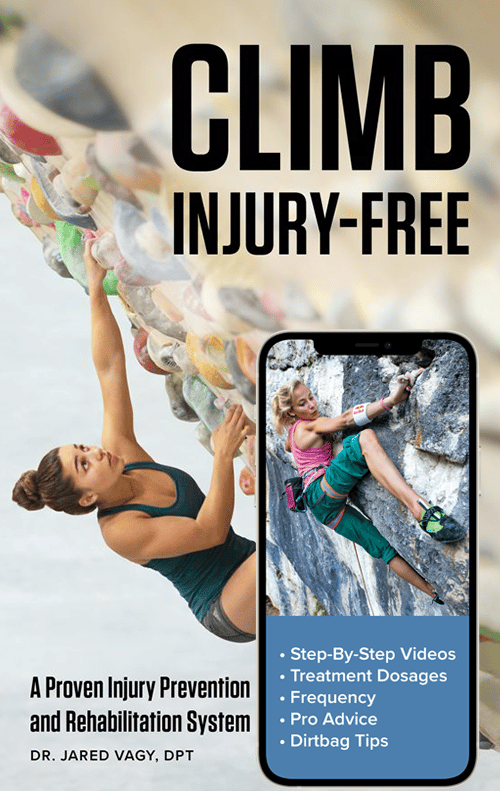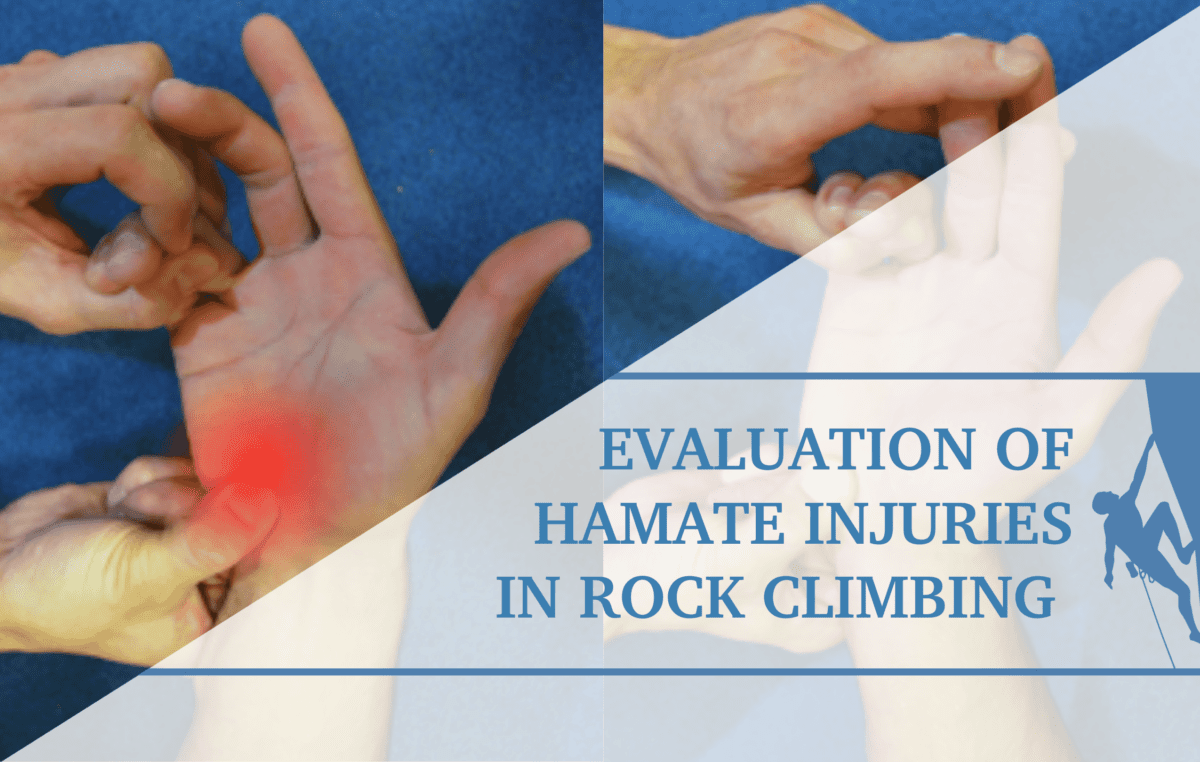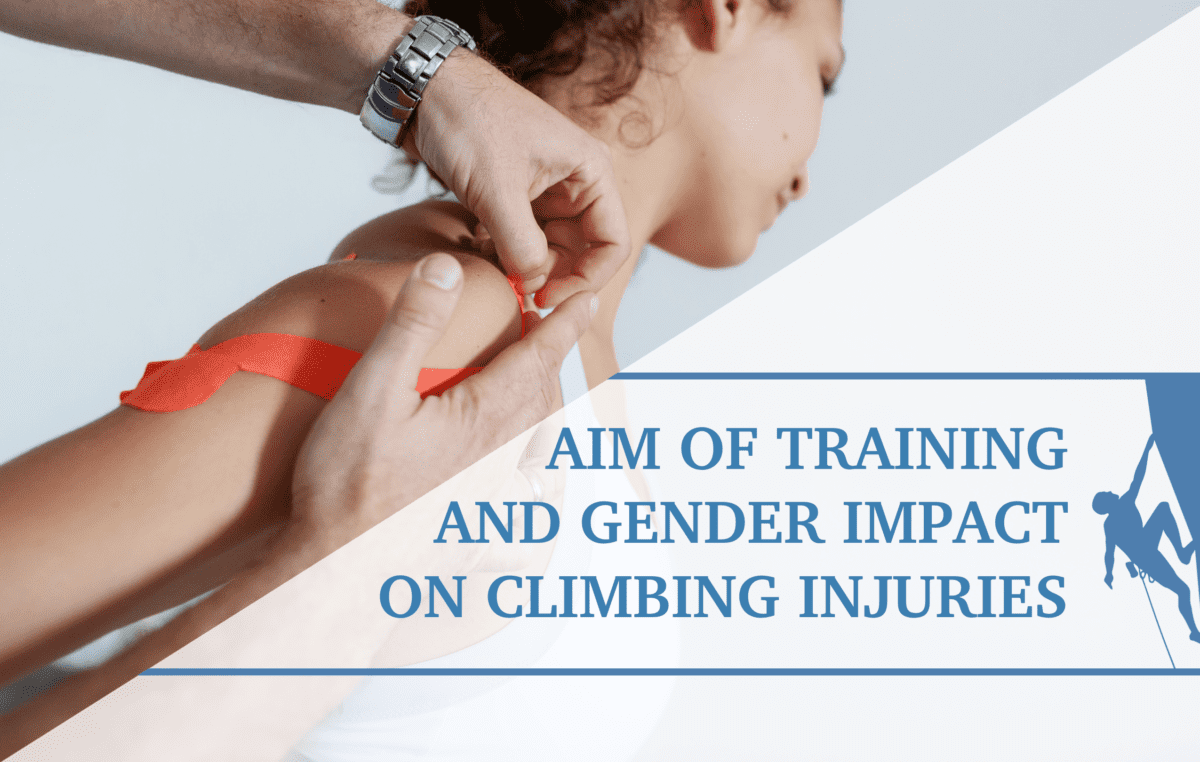The Psychology of Rock Climbing: A Systematic Review
The systematic review on the psychology of rock climbing provides a comprehensive analysis of psychological aspects in climbing, focusing on the unique demands of this high-risk sport. Researchers investigated various sub-disciplines, such as risk perception, motivation, personality, and mental states like flow. Through analyzing over 80 studies, the review highlighted how climbers balance performance with safety, manage stress, and engage with different climbing styles (e.g., bouldering, sport climbing, and traditional climbing).
Key findings include the importance of flow in climbers’ performance, with higher levels achieved in outdoor environments compared to gyms, suggesting environmental factors play a significant role. Personality traits, such as high conscientiousness, grit, and sensation-seeking, were prevalent among climbers, with elite climbers showing lower trait anxiety. Climbing experience was linked to better mental regulation and more effective decision-making, especially in high-stress scenarios. Differences in anxiety responses were observed based on climbing types, with lead climbing eliciting more cognitive and somatic anxiety than top-roping.
The review identified gaps in research, particularly in the areas of metacognition, attention, and decision-making during critical climbing moments, such as tackling cruxes or high-risk moves. Future studies could explore how mental training can enhance climbers’ psychological resilience and performance, especially in competitive settings.
See below for a great resource to review the psychology of rock climbing:
The Psychology of Rock Climbing: A Systematic Review
Fullscreen ModeResources compiled by Jennifer Yarin PT, DPT – Doctor of Physical Therapy: Climbing SIG Senior TA and Social Outreach Committee Chair
- Disclaimer – The content here is designed for information & education purposes only and the content is not intended for medical advice.




